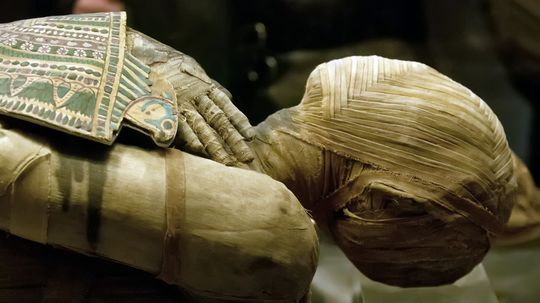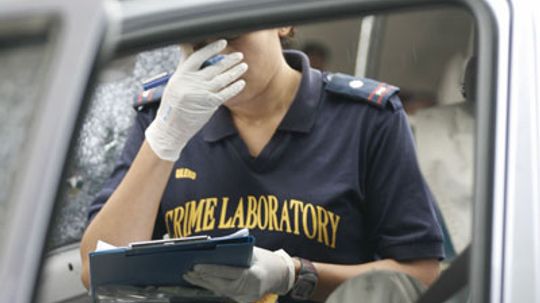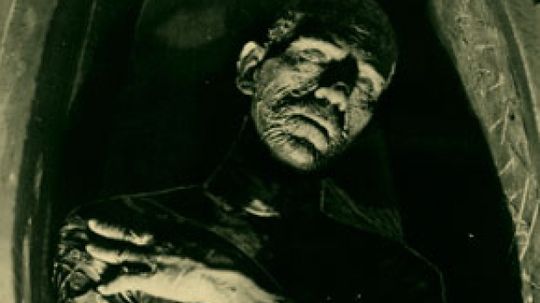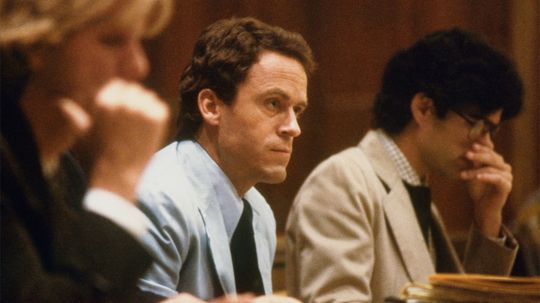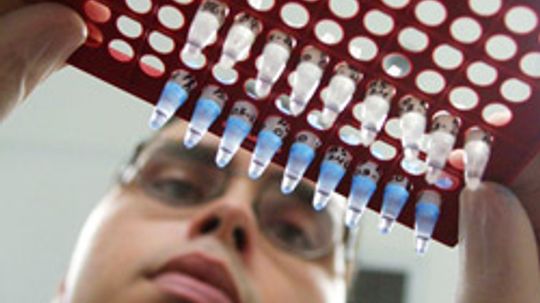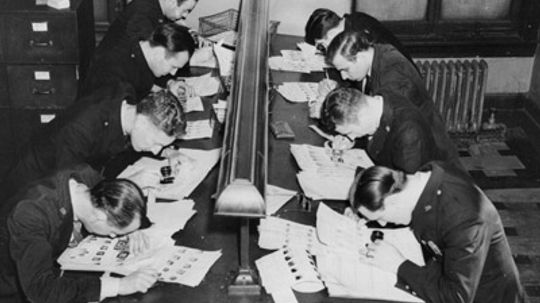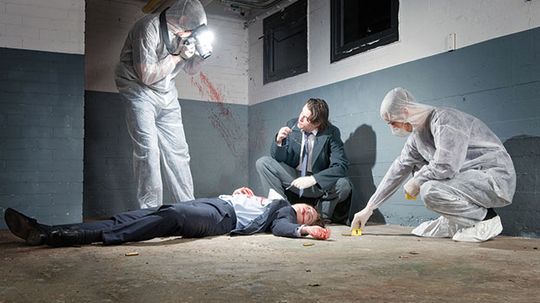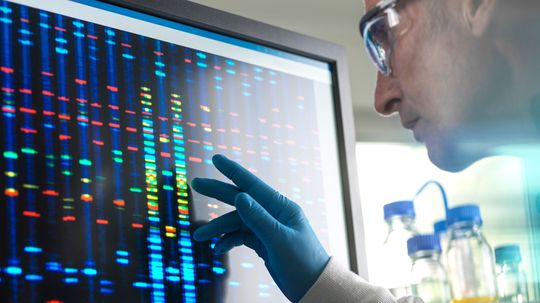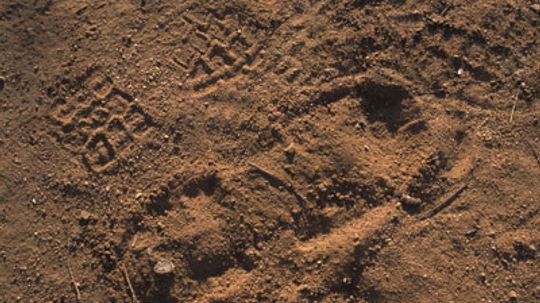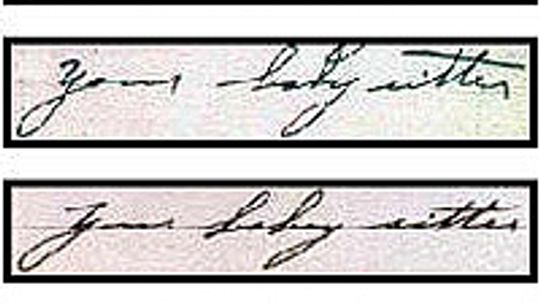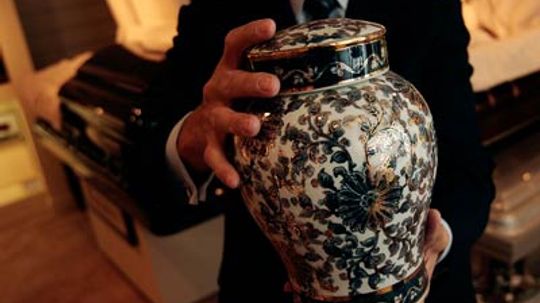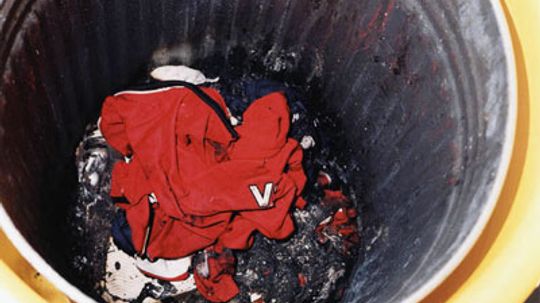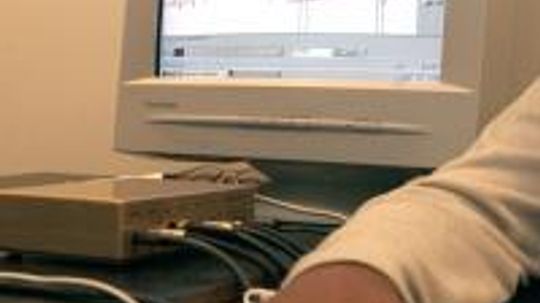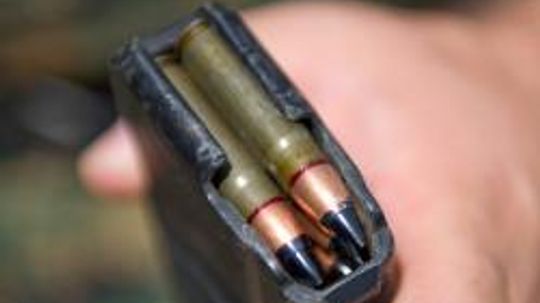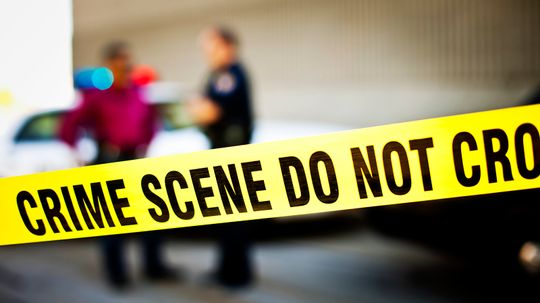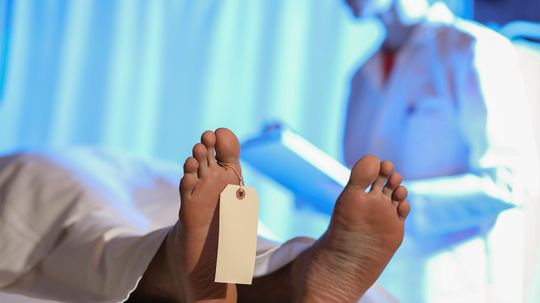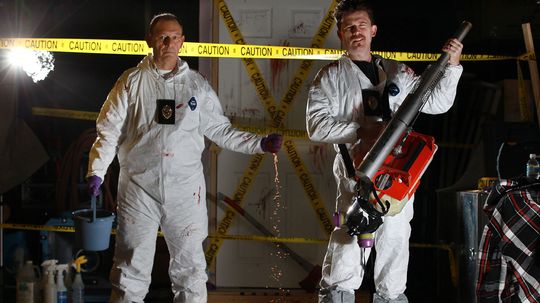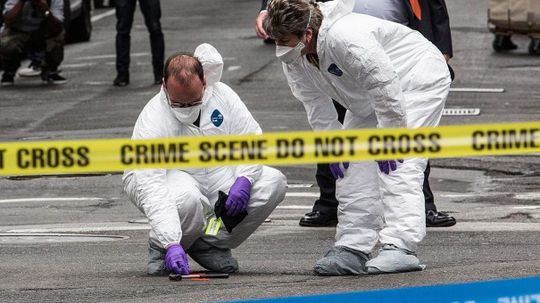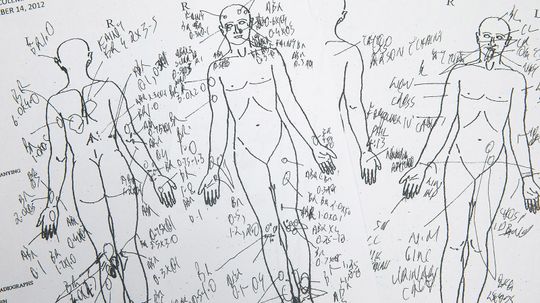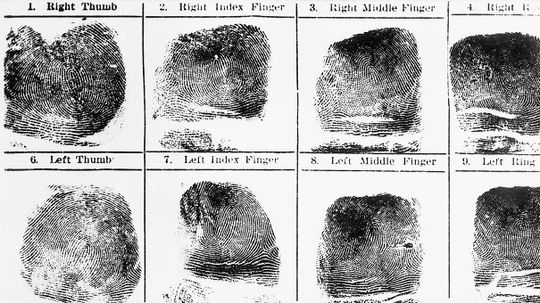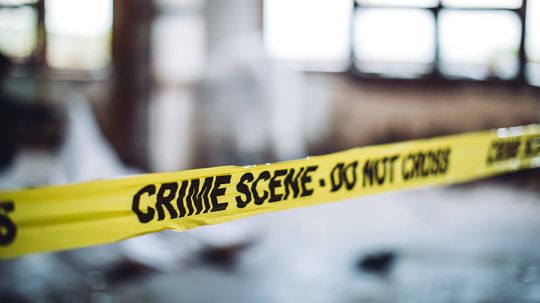Forensic Science
Forensics is the examination, through physical evidence, of a criminal event or incident. Learn about the various types of forensic disciplines and how they are used to bring the guilty to justice.

Brown Noise vs. White Noise: Which Is Best for Quality Sleep?

Can a sound wave kill you?

Can two cans and a string really be used to talk over a distance?

7 Types of Alcohol for Drinking, Cleaning and More

Understanding the Empirical Formula in Chemistry
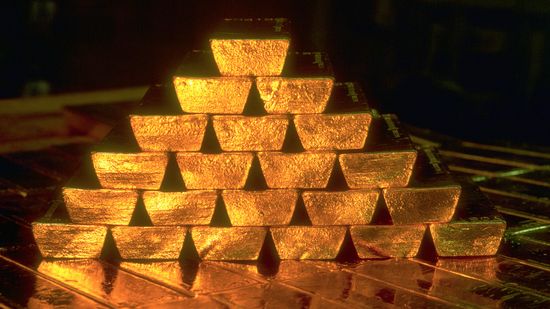
The Most Expensive Metal in the World Isn't Gold or Platinum

How Electricity Works
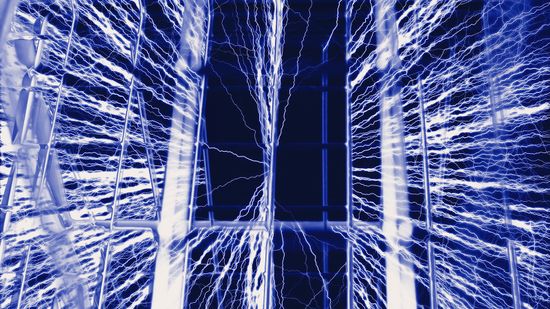
How Faraday Cages Work
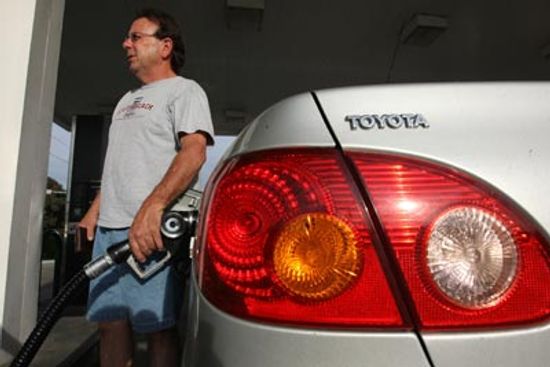
How Gasoline Works
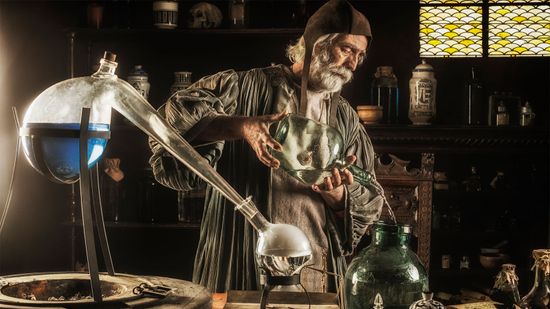
How Alchemy Paved the Way for Chemistry
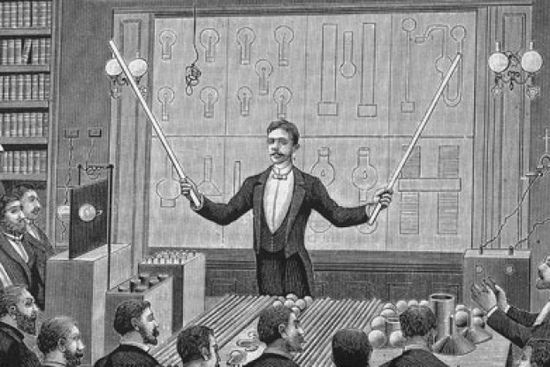
How did Nikola Tesla change the way we use energy?
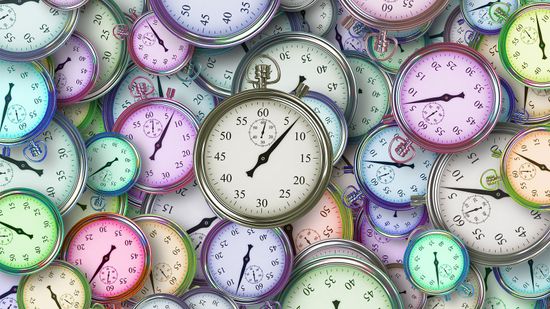
Time May Not Exist, Say Some Physicists and Philosophers
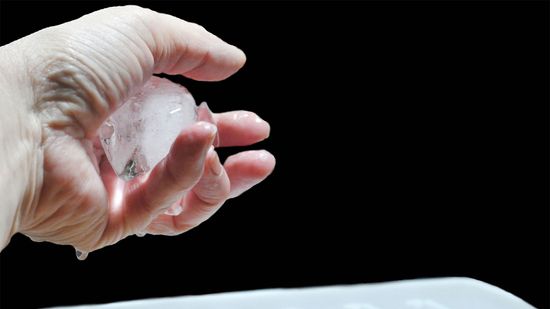
Why Does Ice Stick to Your Fingers?
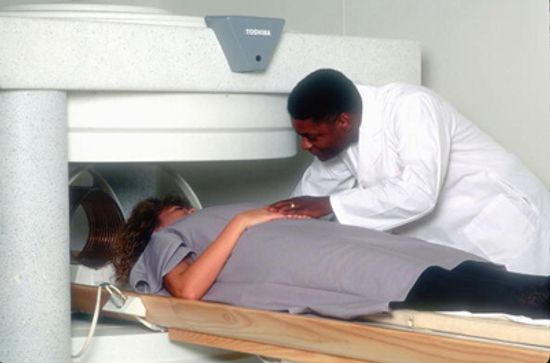
What if I forgot to remove a piercing before an MRI?

A Kid-friendly Introduction to Magnets and Magnetism

What's the Hardest Math Problem in the World? Try These 9

8 Types of Data That Inform Insights and Relationships
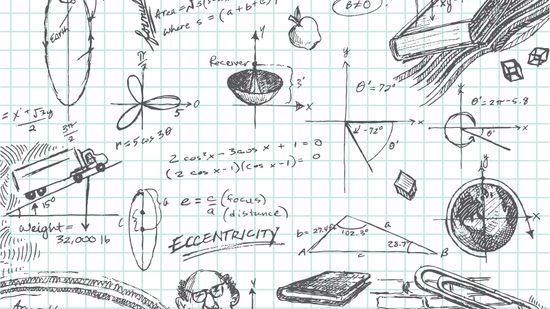
Congruent Angles: Definition, Symbol and Key Theorems
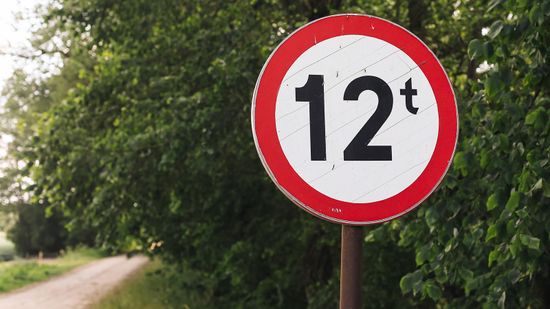
Tonnes vs. Tons: Metric vs. Imperial Measurements Strike Again

The Most Expensive Liquid Is 26,000x the Price of Human Blood
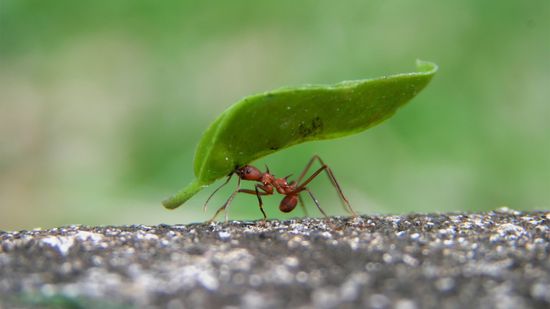
5 Hugely Fun Facts About Mass (Not Weight)

The Demon Core: A Tale of Atomic Ambition and Tragic Fate
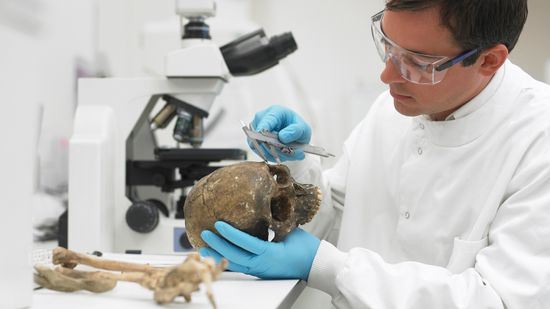
Half-Life Formula: Components and Applications
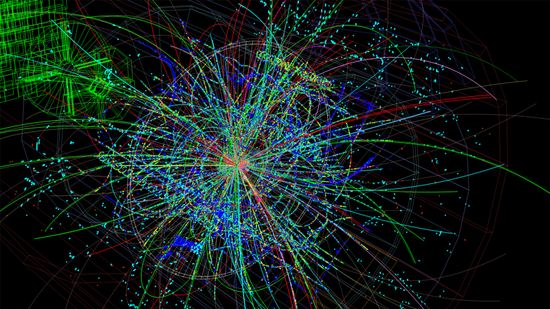
Could an 'X17 Particle' Hint at a Fifth Force in the Universe?

Why Are School Buses Yellow?

HowStuffWorks: How To Draw An Impossible Shape
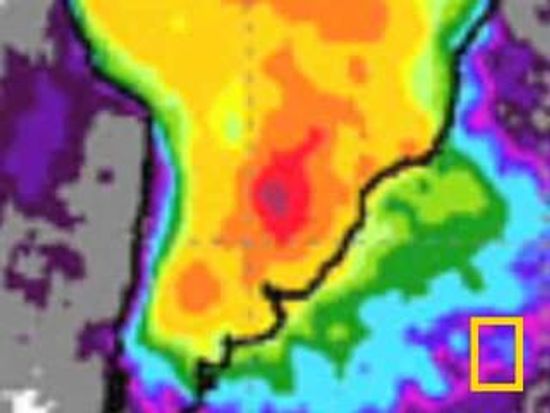
What Are the Colors in the Visible Spectrum?
Learn More
Ever wondered why some dead bodies last for thousands of years while others break down into dust? That's where the science of mummification comes in. Whether it's through ancient rituals, boggy swamps or some truly extreme self-imposed methods, mummified human remains give us an incredible look into history, biology and even chemistry.
When a corpse is found, the presence of insects gets a lot of attention during the investigation. But which bugs show up for the flesh feast? And how much can these bugs reveal about death?
By John Fuller
They stick around long after death and compete with the likes of Dracula, Frankenstein's monster and the Wolfman as one of the great figures of classic horror movies. Are you brave enough to unravel the history of these real-life, tangible ghosts?
By Tom Harris
Advertisement
If serial killer Ted Bundy hadn't been a biter, he might never have been caught. What can bite marks and teeth tell us about a person?
Forensic scientists can help law enforcement catch even the wiliest perpetrator. What are their techniques?
Will your favorite criminal drama feature investigators packing calculators instead of heat? Probably not. However, forensic accountants help investigate criminal and civil cases involving financial issues like fraud.
Detectives arrive at a crime scene and lift fingerprints from the murder weapon. They'll use these oily markings to catch their criminal. But how do they match the print to the killer?
Advertisement
In detective movies or TV shows like "CSI," photographers swarm in and take countless pictures of a crime scene. But how does crime scene photography really go down?
By Sarah Dowdey
If you were thrown into prison for a crime you didn't commit, you'd probably welcome DNA profiling. Although the use of this technology has recently helped bring justice, there may be cause for concern.
The bloodstain from a crime scene has a story to tell, if you know how to analyze it. Then it might explain the who, what and when of a murder.
Criminals always leave traces behind after a crime is committed. In fact, footprints, tire tracks and tool marks are often more prevalent than fingerprints at a crime scene. What can impression evidence tell an investigator?
By John Fuller
Advertisement
When there's a suspect in a crime and the evidence includes a handwritten note, investigators may call in handwriting experts to see if there's a match. How exactly do experts go about analyzing someone's handwriting?
By Julia Layton
First, you burn the body until only brittle, pulverized bones are left. These remains are pulverized into ashes, and then placed into urns -- or diamonds, coral reefs and even outer space.
By Michelle Kim
One of the most influential ideas in forensic science history is known as Locard's exchange principle. This simple, yet groundbreaking idea forever changed the way we fight crime. But who was Edmond Locard, anyway?
By John Fuller
Imagine walking through a field and stumbling upon scads of corpses, all in various states of decomposition. It's not the setting for your next nightmare, but rather a very real discipline of forensic anthropology.
By Tom Scheve
Advertisement
You may know a bit about polygraphs, but do you know which physical reactions it actually monitors?
Bullet size is measured in calibers, but how are wires and nails measured? Learn about bullet size and caliber in this article.
Learn what really goes on when a CSI "processes a crime scene" and get a real-world view of crime scene investigation from a primary scene responder with the Colorado Bureau of Investigation.
By Julia Layton
The thought of an autopsy usually provokes fear, apprehension or extreme anxiety in people. Cut through the mystery of this process and learn the details of the preparation, procedures and tools used to perform an autopsy.
Advertisement
When you watch crime drama on TV, you don't usually see what happens after the police and ambulance leave a murder scene. One thing those people do not do is clean up the blood. That's the work of a whole different team.
By Julia Layton
DNA found at a crime scene doesn't automatically mean the person matching it is guilty, say researchers of new forensics guide.
By Dave Roos
Autopsies have been around since ancient times, but they seem so shrouded in secrecy. What goes on when a corpse goes under the knife?
By Mark Mancini
Our fingerprints serve to definitively identify us forever, right? But do they? How long do fingerprints remain usable as identification after we are dead?
Advertisement
Coroners and medical examiners both help investigate unusual or violent deaths. The two jobs are different, but deeply connected.
By John Donovan
